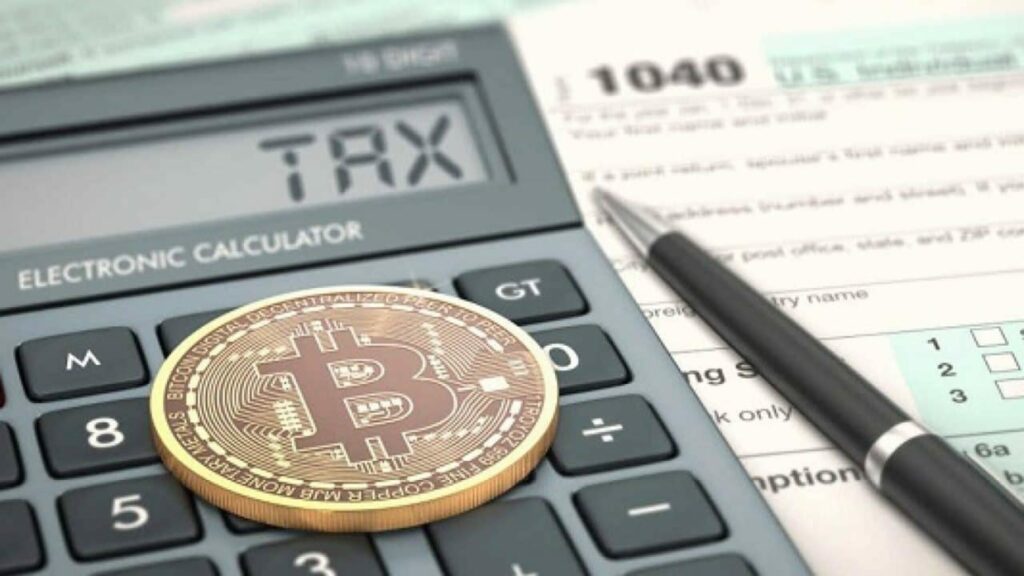Do you need help navigating Bitcoin taxation? Here’s a comprehensive guide for crypto investors to help you file applicable Bitcoin taxes.
Bitcoin’s price increase and popularity have made it an investment choice for many people and organizations. While this crypto has experienced periodic crashes, its value has increased considerably. Investors have lost and made substantial profits by trading Bitcoin. As activities around Bitcoin increase, tax authorities have developed mechanisms for taxing investors and traders. Understanding Bitcoin taxation can help you navigate the challenges you’ll likely face when trading or investing in this virtual currency.
The Bitcoin Tax Challenge
Globally, people wonder whether authorities can tax Bitcoin due to its digital and global nature. Nevertheless, countries like the US and the UK subject Bitcoin investments to conventional capital tax gain. But Bitcoin’s tax situation becomes challenging when somebody uses this cryptocurrency to pay for an item or service. In such a scenario, transactions account as crypto sales, potentially occasioning applicable sales tax or a capital gain tax liability.
However, some countries like Hong Kong, Switzerland, the Netherlands, and Germany take a different approach. Such countries have different rules for crypto sales, with states like New Zealand and Japan adopting the income tax approach.
New tax rules may also be necessary for stablecoins with a broader adoption and a value pegged to a commodity or currency. Since such coins have relatively low volatility, they are less likely to occasion capital gain or loss, with value changes more akin to differences in foreign exchange.
How Most Authorities Tax Bitcoin
If you’re not running an enterprise, you will unlikely experience goods and services tax implications or income tax when using Bitcoin. For example, most authorities do not tax Bitcoin users for using the cryptocurrency to acquire services or goods online. However, the cost of the digital coins you use in a transaction is limited in some states. Exceeding this limit may occasion a capital gain tax.
However, most tax authorities consider Bitcoin an asset subject to capital gain tax. Therefore, you will likely incur capital gain tax when you transfer or sell Ethereum to another person via a platform like Ethereum Code. Also, if somebody pays you with Bitcoin for providing services or goods, you should record it as an income tax.
When you buy items, such as trading stock, with Bitcoin, you may be eligible for a tax deduction, depending on the acquired item’s arm’s length value. Also, capital gains tax may apply when disposing of Bitcoin for commercial or business purposes. Nevertheless, depending on the included amount in your ordinary or assessable income, it may reduce.
For instance, in Bitcoin mining, you gain assessable income when you transfer the coins to another person. Therefore, the expenses you incur when mining Bitcoin may qualify for a deduction. Also, any losses from your mining activity will be subject to non-commercial loss provisions. Thus, they won’t be available automatically to offset against your other income. The Bitcoins you hold due to selling or mining is a trading stock, and you should consider it at the end of the income year.
Bitcoin Tax Records
Record keeping is vital when dealing with Bitcoin. Here’s what to include in your Bitcoin records:
- The date of every Bitcoin transaction
- The amount involved in the trade in fiat currency
- Transaction details
- Expenses like commissions and fees
- The other party’s information, including their Bitcoin address
Such details are vital when requesting a tax exemption. They will help demonstrate that you spent Bitcoin purchasing items or services.
Final Word
Bitcoin taxation rules vary from one country to another. In some places, the taxman and policymakers are still looking for ways to tax Bitcoin. Nevertheless, understanding the local jurisdiction’s stance on Bitcoin taxation is vital. It helps you determine when to record Bitcoin transactions and the tax implications to expect when dealing with this cryptocurrency.
